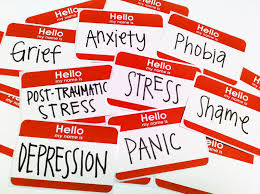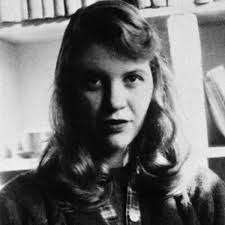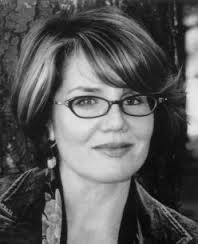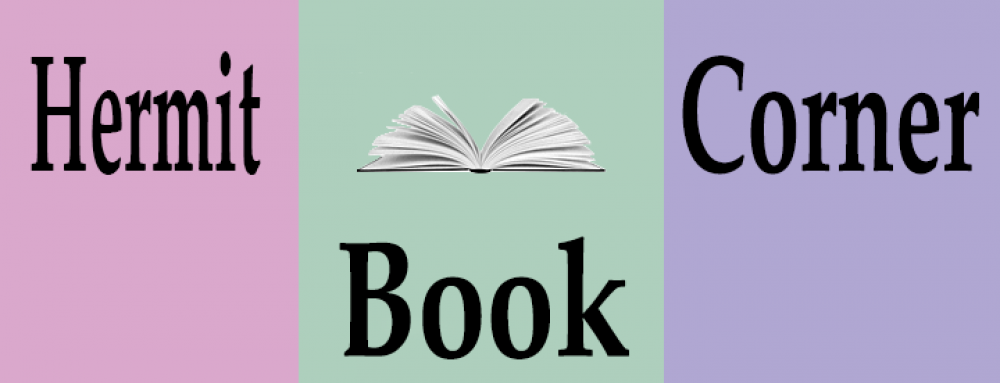 Although implied in some of my posts, I haven’t openly come out and said that I suffer from Depression and Social Anxiety. Only a handful of close people know about it, and even some of them shy away from the subject like it’s a rattlesnake about to bite you. I’ve been reluctant to say anything only because I’m not sure how to get the ball rolling.
Although implied in some of my posts, I haven’t openly come out and said that I suffer from Depression and Social Anxiety. Only a handful of close people know about it, and even some of them shy away from the subject like it’s a rattlesnake about to bite you. I’ve been reluctant to say anything only because I’m not sure how to get the ball rolling.
I harbor this fear that once people know, they’ll treat me differently (although I am inherently different,) perceive me as incapable of managing high stress (I do fine, thank you,) and possibly consider me weak because ‘it’s all mental.’ And even though I want to say all these empowering things about using cognitive behavior strategies and positive reinforcements, I have to be brutally honest: there are just days when funny cat memes or counting to four do absolutely nothing.
Sometimes I have days where it feels like mold is growing inside of my organs and spreading to my brain. I dream of scrubbing out all the gunk lodged in my brain’s crevices (if brains have them) hoping to clean out whatever is making me so—bleh, suddenly stripped of interest and made immobile.
During this downtime, which initiates the snowball effect, I start to weed through all my past mistakes, which I ultimately construe as failures. I summarize things, which makes me overlook the good parts, which makes me only want to improve myself, which only makes me realize how many times I have tried to improve myself, which I start to realize is a pattern, which I see no one else struggling with, so I conclude there’s no way of getting out of this hamster’s wheel, etc, etc! To summarize, those are what those days seem like to me, and I went years without ever knowing why I thought and felt this way.
Although it’s been several months now since I left therapy, and I’m in no way cured. I still have days like these except they are less severe. Mental illness is a chronic disease, and it’s something you have to carefully manage by taking care of yourself.
People tend to box in those who suffer from mental illness and believe they’re just a bunch of crazies swallowed by their disease, but these people really don’t give us enough credit. Our problems are virtually invisible to the naked eye and thereby treated like it doesn’t exist. Every day we have to battle an army of derisive screams which seems to echo inside our bodies like a canyon. We have only our own voice for support to stop the rock slide from collapsing on us. Yes, we are incredibly strong.
I’m not doomed to be stuck in a perpetual, self-defeating cycle of relentless hopelessness restrained in bed and having to watch the world from a window. I’m able to do things like anyone else. Having mental illness is not the reason we should stop living or be reduced to the bare minimum of just functioning and call it living. We can do more.
Writing has been my third leg for me, and it’s also what lead me to find other writers and authors who face similar challenges.
To no surprise, many authors have advocated the therapeutic benefits of writing. In spite of the stigma that still surrounds people with mental illness, writers are talking over the misinformed, contentious, nebulous noise and revealing their personal battles with mental illness.
Below are my top five authors and poets that have inspired me in some way or who have dealt with mental illness to some capacity.
5) Emily Dickinson
Perhaps the queen of all hermits and warrants a spot on any introvert’s list, Emily Dickinson lived a solitary, reclusive life. Her poetry captured the complexities of the human condition and analyzed our perception of death, expounded by her short, rhythmical lines.
We can only speculate about Emily Dickinson’s state of mental health. She refrained from answering the door and rarely left her room, not even to attend her father’s funeral held at her homestead. Some believe that her aberrant behavior was indicative of agoraphobia or possibly an anxiety disorder; yet Dickinson corresponded with several other writers via letters. No doubt she would have loved Twitter.
So many of us think we have to travel the world and be exposed to unique experience to have something interesting to say, but there’s also taking what you know and just going with it.
4) Sylvia Plath
 Her work is contained in the genre of confessional poetry and would later garner her acclaim. She wrote only one novel, The Bell Jar, a semi-autobiographical story that depicts a girl named Ester interning in a big city and winding up in a mental institution after attempting to kill herself. In Plath’s unabridged journals, we see her lay bare her most empowering, vulnerable, tumultuous feelings in fluid yet raw sentences.
Her work is contained in the genre of confessional poetry and would later garner her acclaim. She wrote only one novel, The Bell Jar, a semi-autobiographical story that depicts a girl named Ester interning in a big city and winding up in a mental institution after attempting to kill herself. In Plath’s unabridged journals, we see her lay bare her most empowering, vulnerable, tumultuous feelings in fluid yet raw sentences.
Although Sylvia Plath was never officially diagnosed yet underwent electric shock therapy regardless, she more than likely suffered from some kind of mental illness.
Tragically Plath committed suicide before the release of her novel, but it’s her fervent passion of writing and seeking out life that has always inspired me. There’s a reason so many young women gravitate towards her.
3) J.K. Rowling
Yes, the Harry Potter Author.
Even though I’ve just started reading the Harry Potter series, I’ve known about the author for a long time and stay regularly updated.
Depicted by the press as a rags-to-riches story, J.K. Rowling’s life does at times seem like a fairy-tale, but that’s just the romanced version of it. She has opened up and talked about the darker parts of her life when she was struggling with Depression and having thoughts of suicide. Once faced with overwhelming adversity, she managed to come out alive on the other side.
The reason I include Rowling on this list is not just because she’s a famous author, but the fact that she didn’t let that time in her life define who she is. From her own pit of despair and hopelessness, she was capable of generating such a story that affected others with an overall amount of goodness and inspired others for the better. We can all use a little bit of that.
2) John Green
John Green is one of the loudest in-a-good-way advocates of mental illness and is forthcoming about his struggles with Anxiety and Depression. At one time, his mental condition was so severe it kept him from completing his Looking For Alaska, until he eventually sought treatment. While Green is receiving a lot of attention lately and is probably the most well-known YA author around, his books are so full of young, humanistic experiences that he not only reminds people of their emotional capacity but is also an example of what you can do after you have your mental illness under control. You can end up doing great things.
1) Libba Bray
 Libba Bray. Oh, Libba Bray.
Libba Bray. Oh, Libba Bray.
When I first read a Libba Bray book, I thought my heart was going to do a Gymnast flip right out of my chest. Her writing is gorgeous and has a knack of filling her pages with such interesting characters. Her stories are just the right kind of bizarre and twisty that if I didn’t have a day job, I would keep reading them, even after finishing them (except for Lair of Dreams because that is just not out…yet.)
Not only am I in love with her books, she’s also an amazing person and candid about her experience with mental illness, and how it was writing that saves her.
Writing kept them going and eventually lead them to doing what they loved. If you know any writers you think should be included on this list, feel free to leave your comments. You can never have too many inspirations.
 Chick lit needs to go away.
Chick lit needs to go away.



